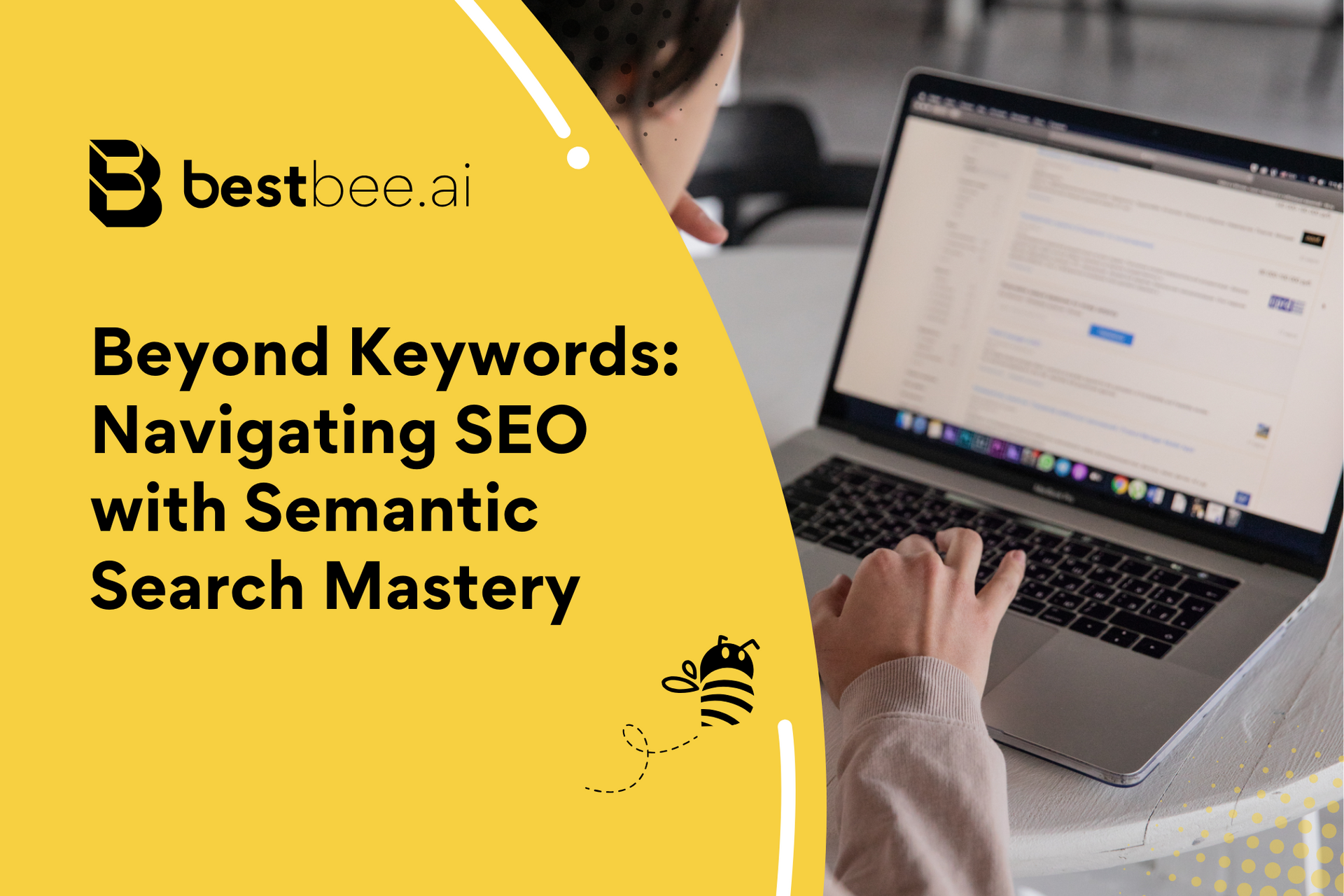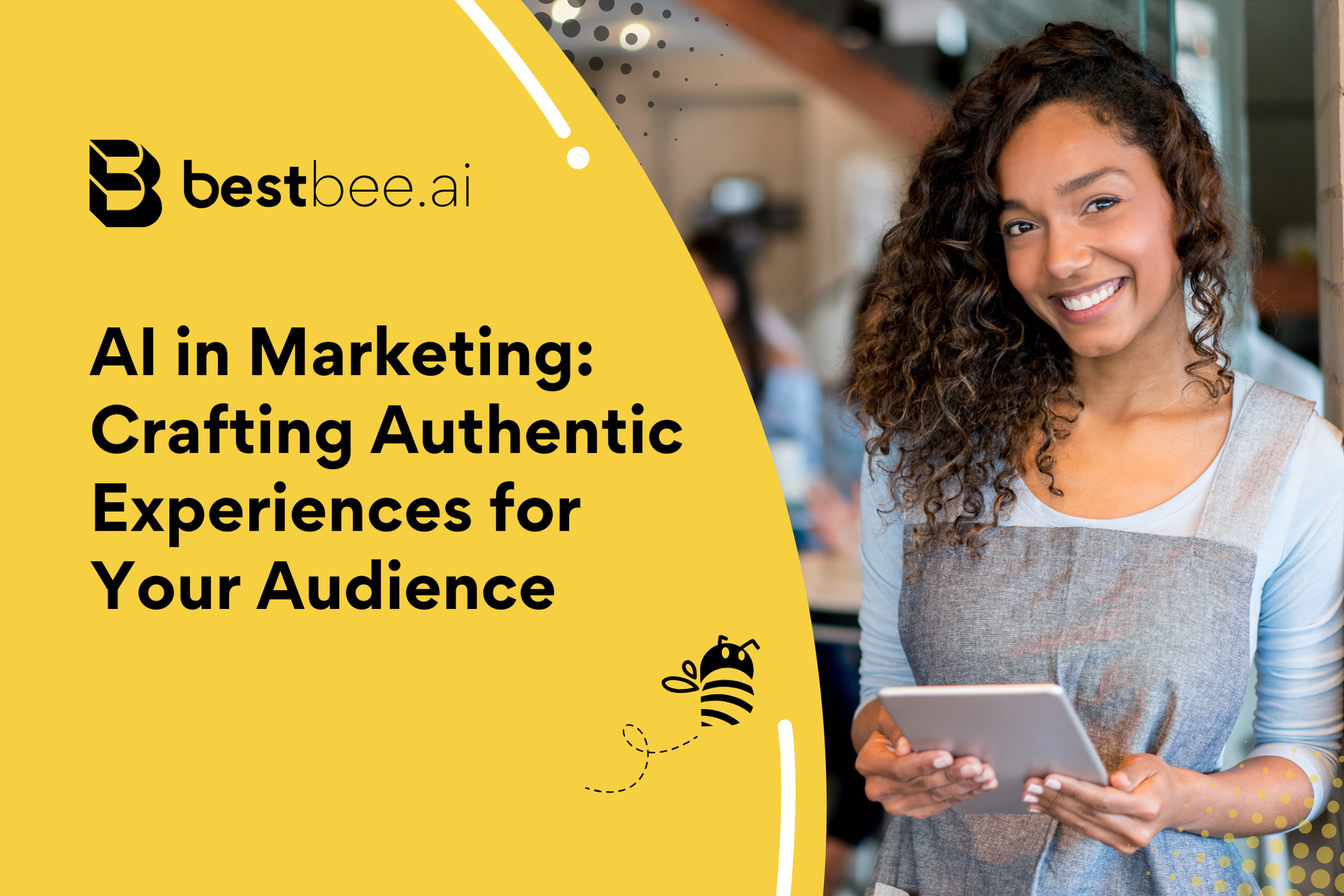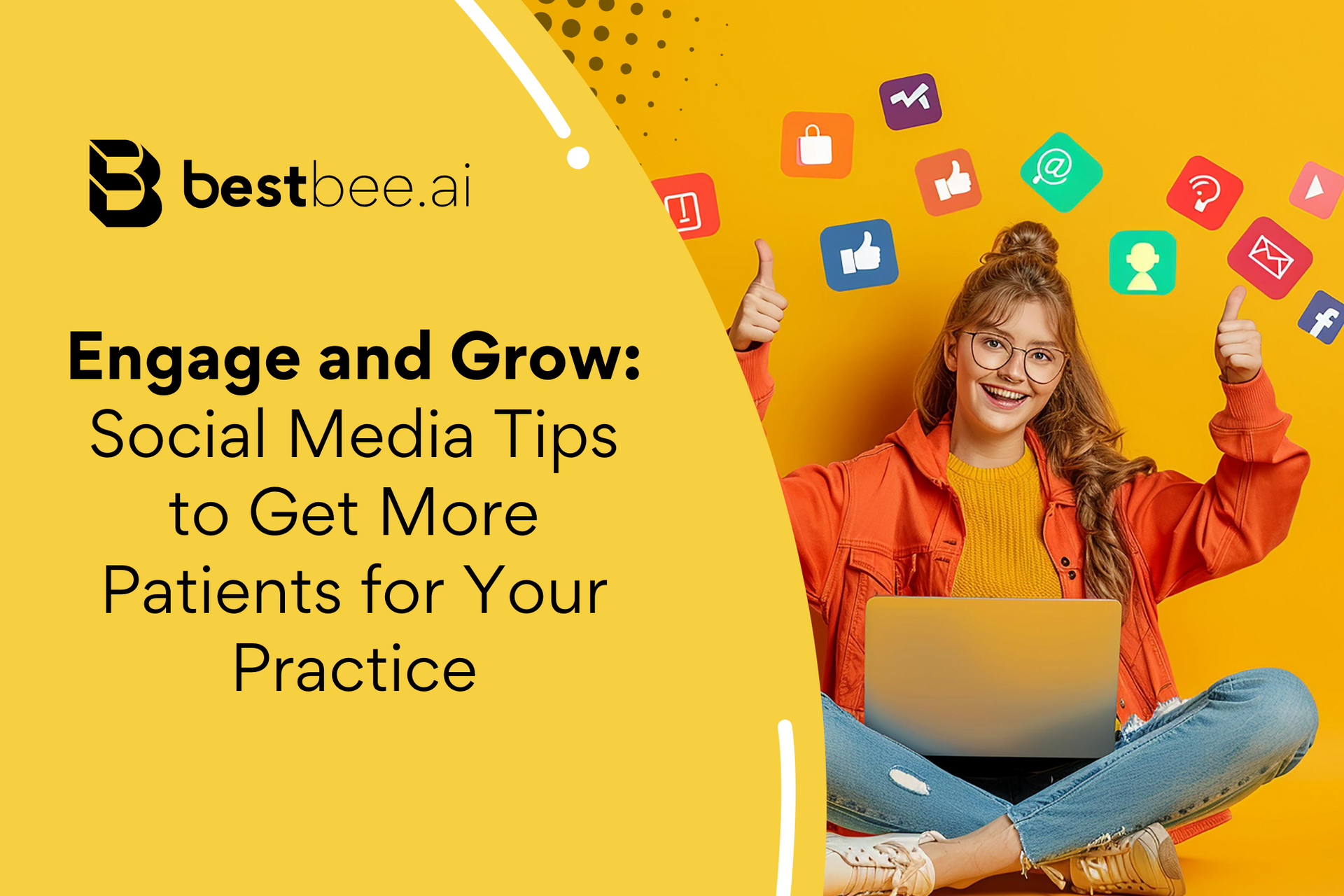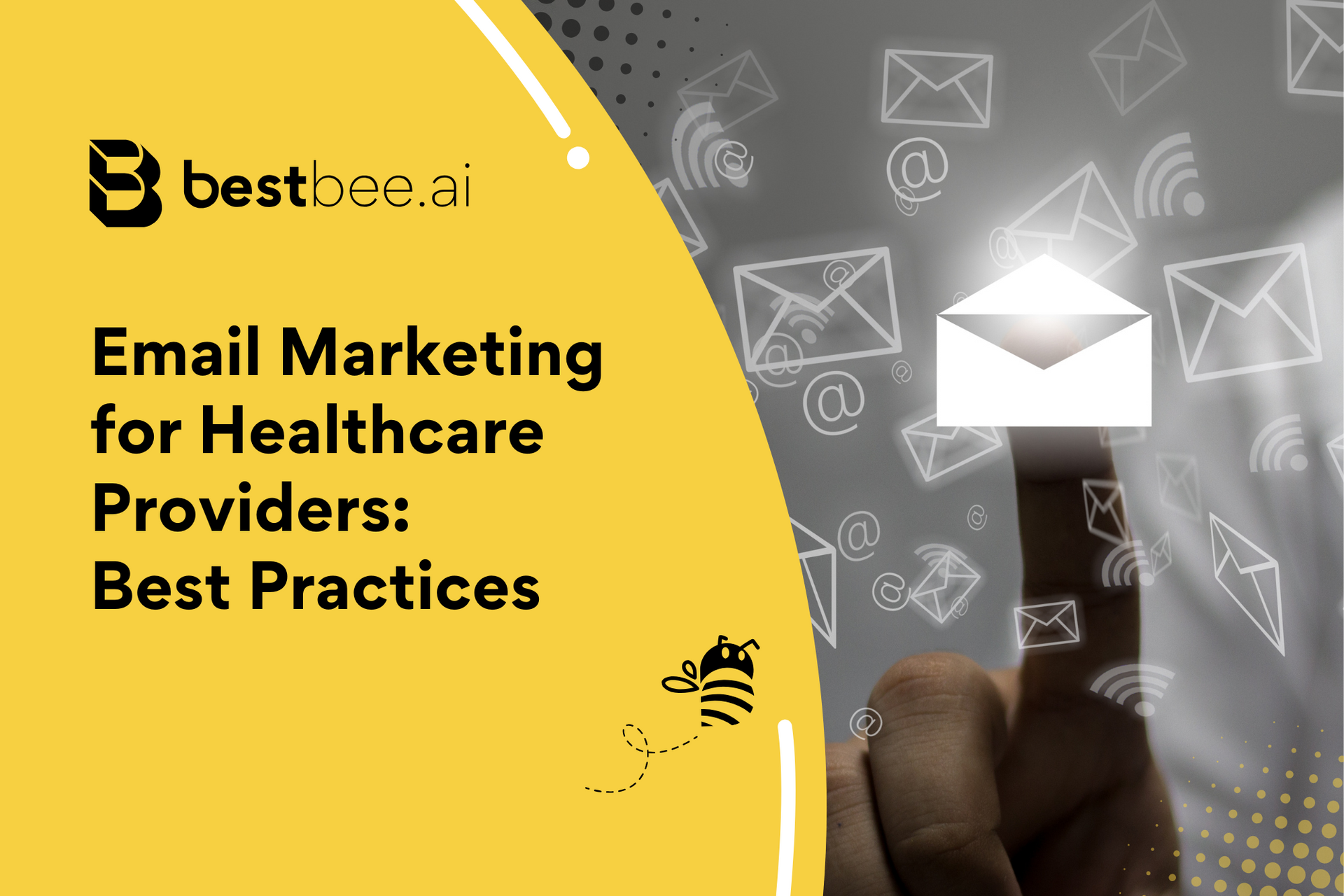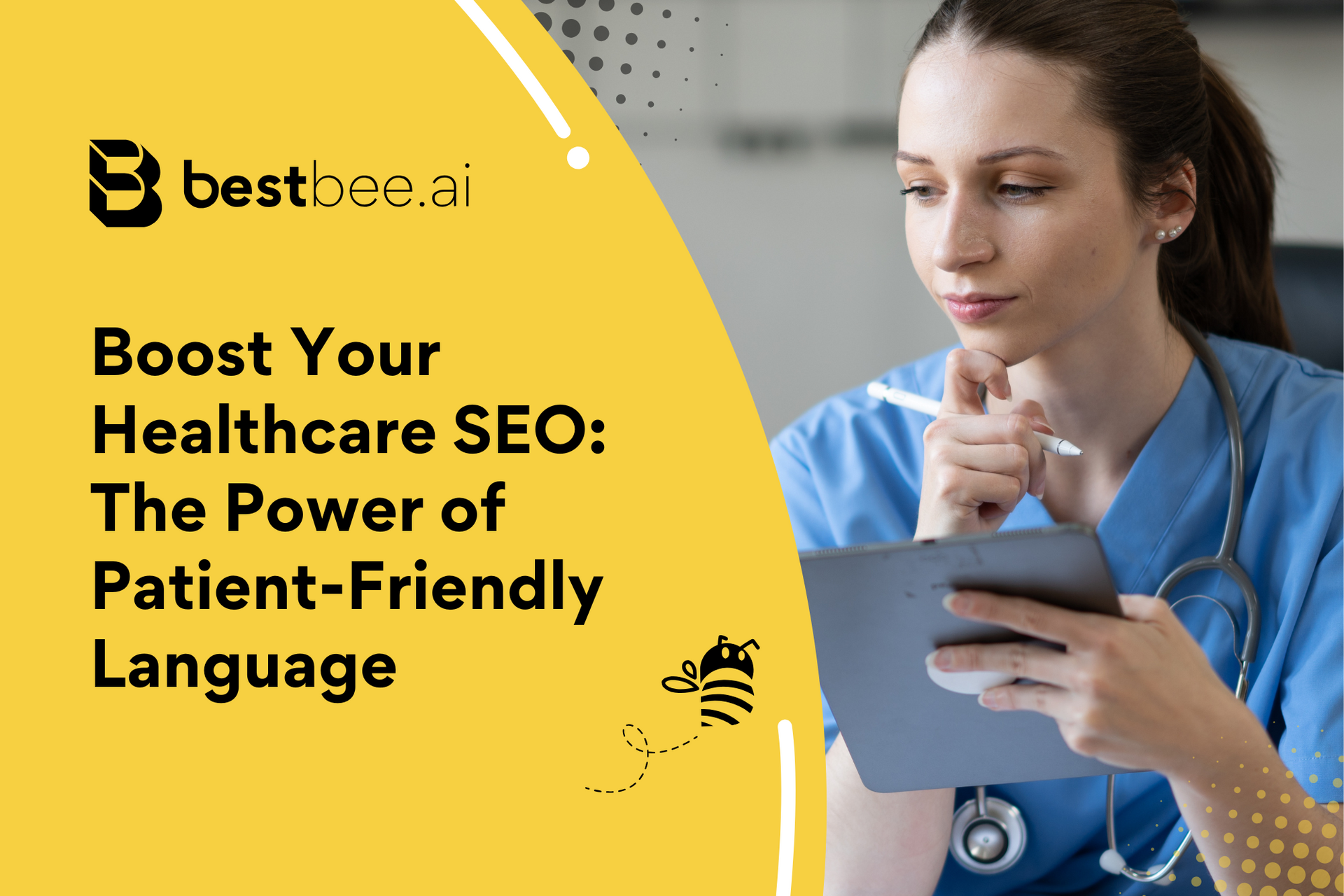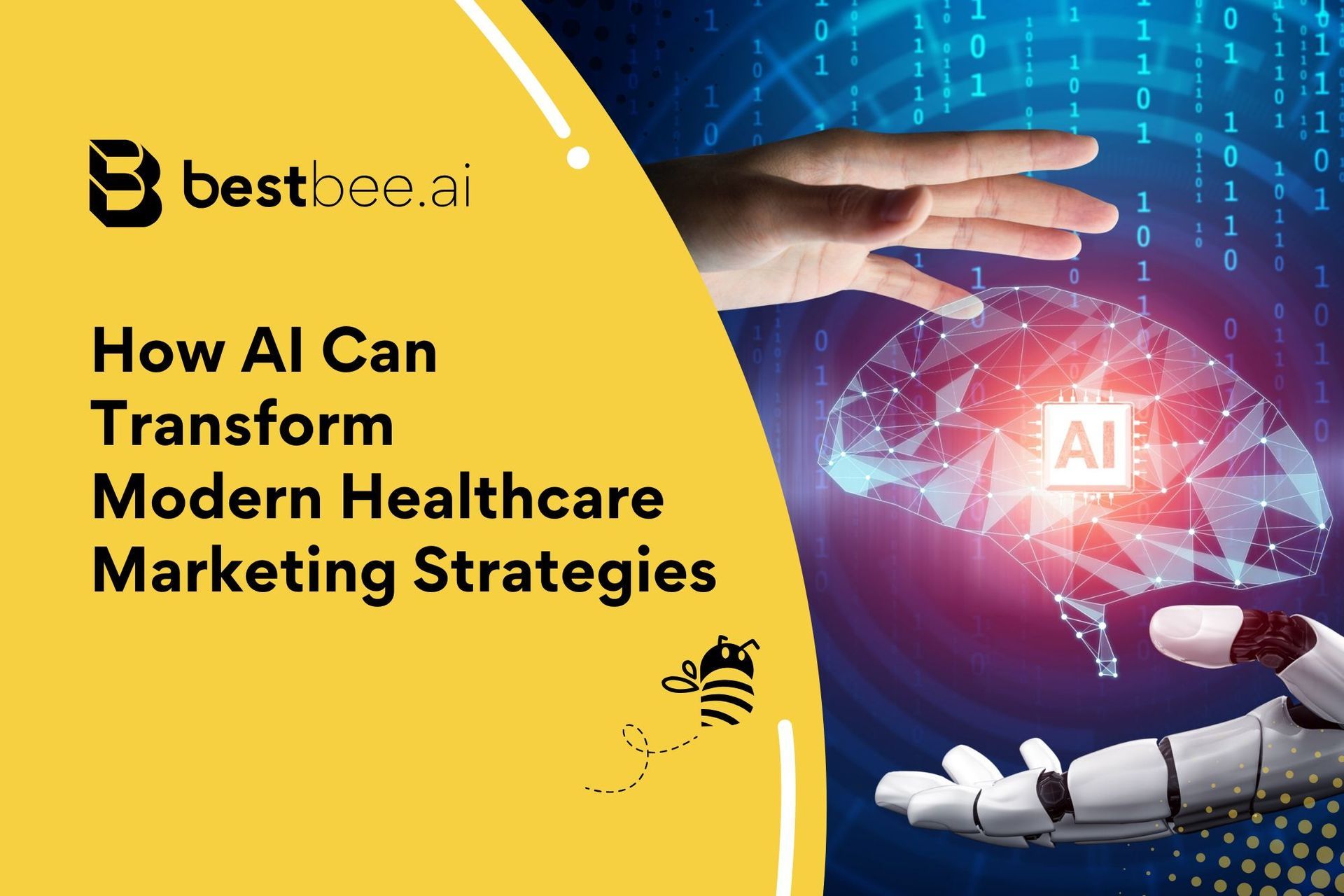We have a world of knowledge at our fingertips.
We’ve heard this line over and over again since the birth of the internet, but it’s never been truer than now. According to a study by the digital platform Heyday, the average person visited 9,888 pages and did 3,528 searches worth of web browsing in 2022.
The idea of accessing any information at the click of a button is both empowering and awe-inspiring—but it’s not as easy as it sounds.
With so much data at our fingertips, finding information online often feels like searching for a needle in a massive digital haystack. Having knowledge within reach is great, but it’s not worth much if we have to struggle through an ocean of data to find what we're looking for.
This is where
semantic search comes in.
What Is Semantic Search?
Semantic search is a type of search technology that goes beyond traditional keyword-based methods, which rely solely on matching specific words. Instead, it leverages artificial intelligence (AI) to emulate how humans understand language.
As humans, we naturally interpret language based on context, understanding that words can carry different meanings depending on their usage. So if a person asks you for a
script, you consider why, where, when, and how they ask that question to determine whether they’re looking for a prescription or lines for a play.
If you add in the context of you being a healthcare provider and this person is a patient of yours, then it becomes much more obvious that they’re looking for a prescription instead of a dialogue script.
This same principle drives semantic search, where search engines interpret user intent beyond keywords to deliver more relevant results. Instead of finding things based on the specific words you type or say, it looks into details like:
- Your location
- Your search history
- Word and phrasing variations of your query
- Synonyms
- Trends
Semantic search analyzes how the words in your query relate to each other using technologies like natural language processing and machine learning. It also factors in the contextual details found and uses this data to tailor search results, ensuring they’re as relevant to you as possible.
As marketing software company HubSpot aptly puts it, “Semantic search aims to know why you are searching for these particular keywords and what you intend to do with the information you get.”
In simple terms, semantic search is like having a smart conversation with a search engine. Instead of just matching exact words, it tries to understand the meaning, context, and relationships between words in your query.
It helps the search engine grasp your intent, providing more accurate and relevant results, even if you don't use the exact words. As a result, you get what you're looking for, not just what you say.
Semantic Search vs. Keyword Search:
What’s the Difference?
For a long time, users have considered keyword search and keyword optimization to be the go-to methods for finding information and enhancing online visibility. However, with the evolution of search technology, semantic search has steadily gained popularity and wide acceptance as the more sophisticated and intuitive approach.
But how are the methods different from each other? And is one really better than the other?
Understanding Context vs. Matching Words
| Semantic Search | Keyword Search |
|---|---|
| Emphasizes understanding the intent and context behind the user's query | Primarily relies on matching specific words or phrases the user enters |
| Goes beyond literal matches and aims to provide results that align with the meaning of the query | Looks for exact matches on a web page without necessarily considering the broader meaning or context |
| Considers the relationships between words to provide more relevant results |
Specific Queries vs. Natural Language Processing
| Semantic Search | Keyword Search |
|---|---|
| Allows users to use more natural language and conversational queries | Often requires users to input specific queries using exact words or phrases |
| Comprehends the user's intent, making the search experience more intuitive and user-friendly | May not effectively handle variations in language or account for synonyms |
Interpretation vs. Precision
| Semantic Search | Keyword Search |
|---|---|
| Prioritizes interpretation by understanding the user's query in a broader sense | Emphasizes precision in finding pages that contain the exact words users enter, even if it doesn’t fully understand the context |
| Aims to deliver results that match the user's intent, considering the context and relationships between words |
Adaptability and Evolution
| Semantic Search | Keyword Search |
|---|---|
| Adapts to changes in language and user behavior over time | Relies on specific terms |
| Evolves to understand new terms, phrases, and emerging concepts better | Changes in language or emerging trends might affect its effectiveness |
User Experience
| Semantic Search | Keyword Search |
|---|---|
| Offers a more user-friendly experience, allowing users to express themselves naturally without being confined to specific keywords | Can be more rigid and may require users to refine their queries for accurate results |
How Do You Optimize Your SEO Strategy for Semantic Search?

A crucial piece of information business owners need to know about semantic search is that it isn’t a trend. SEO strategies are shifting from matching keywords to meeting user intent.
Even with a
solid content strategy in place, your site won't rank well if your content isn't structured to meet users' specific needs and answer their real-life questions. Semantic search emphasizes
relevance
and
context
over simple keyword placement, and this means you need to think holistically about how your content fits into a user's search journey.
Here are a few actionable steps you can take to align your SEO strategy with semantic search:
- Focus on Topic Clusters:
Grouping content around main topics and related subtopics helps search engines connect the dots between different pieces of content.
For example, you can organize your content around preventive care, under which you can have articles about vaccinations, regular screenings, and lifestyle tips. This helps users quickly find relevant information and signals to search engines that your clinic’s website is a comprehensive resource on the subject. - Use Structured Data:
By adding structured data like
schema markup, you can help search engines identify key information faster.
For example, you can mark up your clinic’s services, your team landing page, or your patient testimonials. This makes it easier for search engines to pull your clinic’s information into rich snippets or knowledge panels, which can encourage users to visit your site. - Create Content for User Intent: Think about
why
people are searching. Are they looking for general information about treatments? Do they need help scheduling an appointment? And then tailor your content to answer those specific needs.
By directly addressing specific user needs, you position your clinic as a trusted authority, increasing engagement and building long-term visibility.
Focusing on relevance and user intent improves your brand’s visibility in search engines and helps you connect more effectively with your audience. However, semantic search mastery isn’t something you achieve in three simple steps. It requires ongoing effort, expertise, and a deep understanding of both your audience and search engine algorithms.
And that’s where Best Bee AI Marketing steps in. With our expertise in developing effective
SEO strategies tailored to the healthcare sector, we can help enhance your practice’s online presence and stand out in a highly competitive market.
Step into the Future of SEO with Best Bee AI Marketing

Out with the old and in with the new!
Break free from the limitations of traditional keyword-centric strategies—our experienced team of SEO specialists at
Best Bee AI Marketing is here to help!
Using the latest advancements in SEO technology and time-tested marketing strategies, we help you step into a landscape where your website not only ranks higher in search results but also engages and resonates with your audience on a deeper level.
The future of SEO is here. Step boldly into it with Best Bee AI Marketing.
Quick Links
Quick Links
Quick Links
Best Bee AI Marketing | All Rights Reserved
Best Bee AI Marketing | All Rights Reserved

